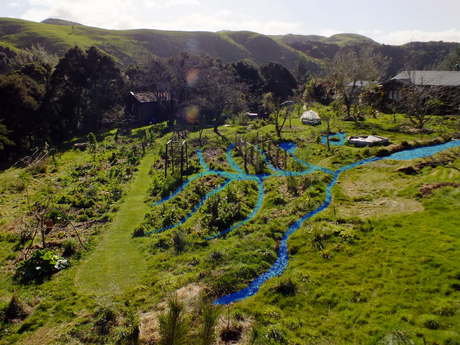Finance & economics
Economics has come to dominate our decision making. We understand the need to weigh costs and benefits when developing and implementing land use designs.
How would you cope if food prices increase, your income declines or taxes were raised?
By reducing your exposure to unexpected economic shock we can improve your security.
How would you cope if food prices increase, your income declines or taxes were raised?
By reducing your exposure to unexpected economic shock we can improve your security.







